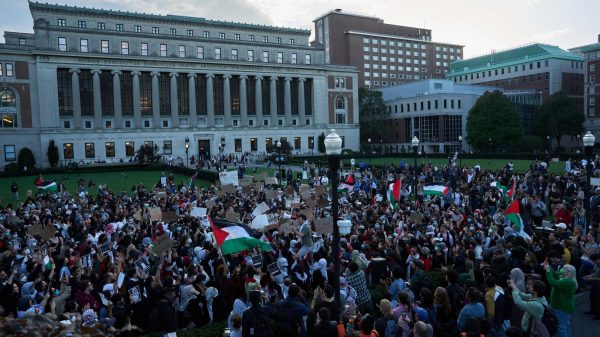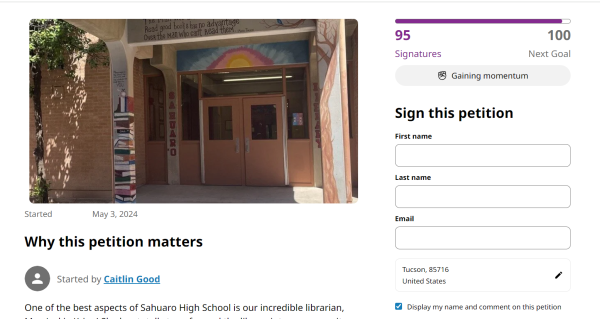Afghan Capital Falls to Taliban, U.S. Continues Withdrawal
August 19, 2021
On Sunday August 15th, the Taliban, which refers to itself as the Islamic Emirate of Afghanistan, invaded the capital of the Islamic Republic’s government, seizing it within 24 hours. The former government, the Islamic Republic of Afghanistan, has gone into exile. The Taliban now reigns as the de facto government, with a majority of the country’s provinces (or states) under their occupation.
Beginning on the 1st of May, the day that U.S. forces stationed in Afghanistan were called to withdraw, the Taliban mobilized, already claiming comparatively large swaths of land and setting up dozens of temporary outposts alongside permanent bases of operation.
As the withdrawal persisted, so did the Taliban, which continued the advance from their holdouts in rural Afghanistan, moving into cities and capturing provincial capitals swiftly, claiming the supplies of evacuating soldiers. Afghan officials stated that the U.S. barely communicated with them, leaving in the dead of the night and taking military infrastructure with them.
The Taliban carried on their blitz of Afghanistan, emboldened by the U.S. withdrawal even in the face of their rapid advances. Territories the Taliban couldn’t have dreamed of capturing only a year before, had fallen to fundamentalists. The capital fell on August 15th, the presidential palace being occupied by Taliban commanders and grunts alike.
“I was the fourth President to preside over an American troop presence in Afghanistan—two Republicans, two Democrats. I would not, and will not, pass this war onto a fifth,” President Biden said in a statement issued a day before the Taliban’s seizure of Kabul, the Afghan capital. In the same statement, Biden authorized a force of 5,000 soldiers to assist in the evacuation of American and allied civilians from Afghanistan. The President seems to have bolstered that number to 6,000 since issuing his August 14 statement. As 9/11 approaches, one can’t help but wonder what effects Biden’s decision will have on the rest of his tenure in the White House.





















